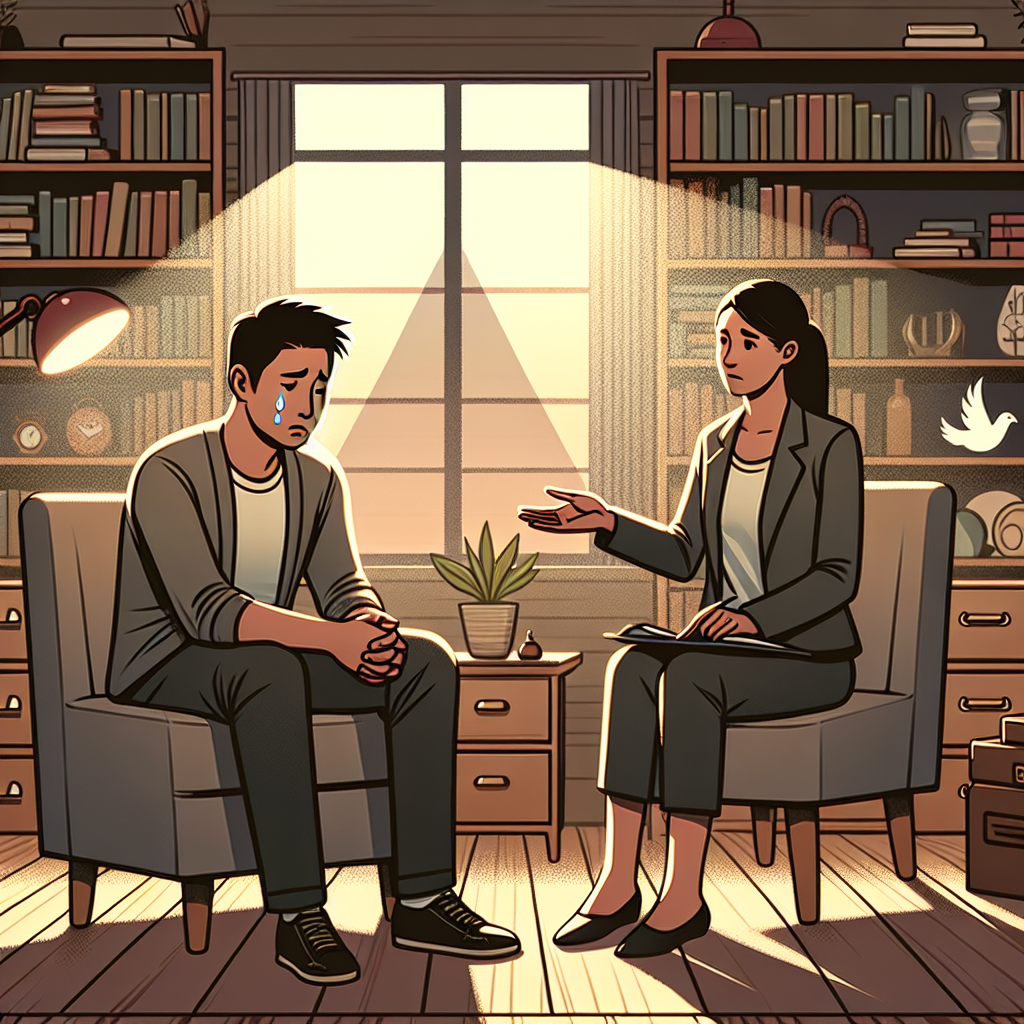Does Emotional Validation in Therapy feel unfamiliar? If so, you are not alone.
Written by Cindy Bekkedam RD, RP (Qualifying)
Why Does Emotional Validation in Therapy Feel So Unfamiliar?
Have you ever felt a bit strange or uncomfortable when your therapist validates your emotions?
You're not alone. I have noticed that many new clients in my therapy practice experience a degree of discomfort or unfamiliarly with this experience, even if they’ve been in therapy before.
Let's explore why this might happen and why it's actually a good thing.
What is Emotional Validation?
First, let's clarify what I mean by emotional validation:
It's when someone acknowledges and accepts your feelings without judgment. In therapy, it means your therapist recognizes your emotions as valid and important, regardless of whether they're intense or big, small, suppressed or numbed out.
Why Might This Feel Strange?
1. It's Different from Your Past Experiences
If you've been in therapy before, you might have encountered approaches that focused more on solving problems or changing behaviours. While these can be helpful, they might not have put much emphasis on validating your feelings.
2. Society Often Downplays Emotions
We live in a world that often tells us to "toughen up" or "look on the bright side." So when someone fully acknowledges your feelings - especially the difficult ones - it might feel unfamiliar or even scary.
3. Your Personal History
If you grew up in an environment where your feelings were often dismissed or criticized, having them validated can feel very foreign. It might even make you feel a bit uncomfortable at first.
(See my post on The Trauma of Invalidation)
4. Fear of Intense Emotions
Many of us learn to avoid strong feelings because they can be overwhelming. When a therapist encourages you to acknowledge these emotions, it might feel scary at first.
5. Expectations About Therapy
You might have expected therapy to be more about getting advice or quick solutions. When your therapist focuses on your emotions instead, it might not match what you thought therapy would be like.
6. Contrast with Your Inner Voice
If you're used to being critical of your own emotions, hearing someone validate them can feel very different from your usual self-talk. This discomfort can arise even if it is simultaneously be affirming to have our experience/emotions validated.
7. Surprising Power
The relief and healing that can come from having your emotions validated can be surprisingly powerful. This might make the experience feel new and unfamiliar.
8. Vulnerability Can Be Scary
Opening up about your feelings requires vulnerability. If you're used to protecting yourself by hiding your emotions, this can feel uncomfortable.
9. It's Not About "Fixing" Things
If you're used to people trying to immediately solve your problems, it might feel strange when a therapist focuses on understanding your feelings instead of jumping to solutions.
Why is Emotional Validation Important?
Despite feeling unfamiliar, emotional validation is a crucial part of effective therapy. It helps you:
- Feel truly understood and accepted (this helps foster self-acceptance)
- Build trust with your therapist (allows you to have a more authentic relationship)
- Process and heal from difficult experiences
- Develop a healthier relationship with your emotions
- Increase self-awareness and self-acceptance
Remember, It's a Process
If emotional validation feels strange to you, that's okay. It's a new experience for many people. If I have the pleasure of being your therapist, I will appreciate and understand this. This lends itself to discovering ways to explore your emotional reality at a pace that feels safe for you. Over time, you'll likely find that having your emotions validated becomes not only more comfortable but also deeply healing and empowering.
And best of all, you’ll start doing it for yourself – both internally and out loud in your relationships.
Remember, your feelings are valid and important. Learning to acknowledge and accept them is a powerful step towards better mental health and well-being.
My next post focused on how building a foundation of emotional validation and truth can serve your foundation for healing if you wish to focus on processing relational and/or childhood trauma in therapy.
If you are looking for a Virtual Registered Psychotherapist in Ontario, please check out my services and reach out if you would like to explore this further via a free 15 minute discovery call.

